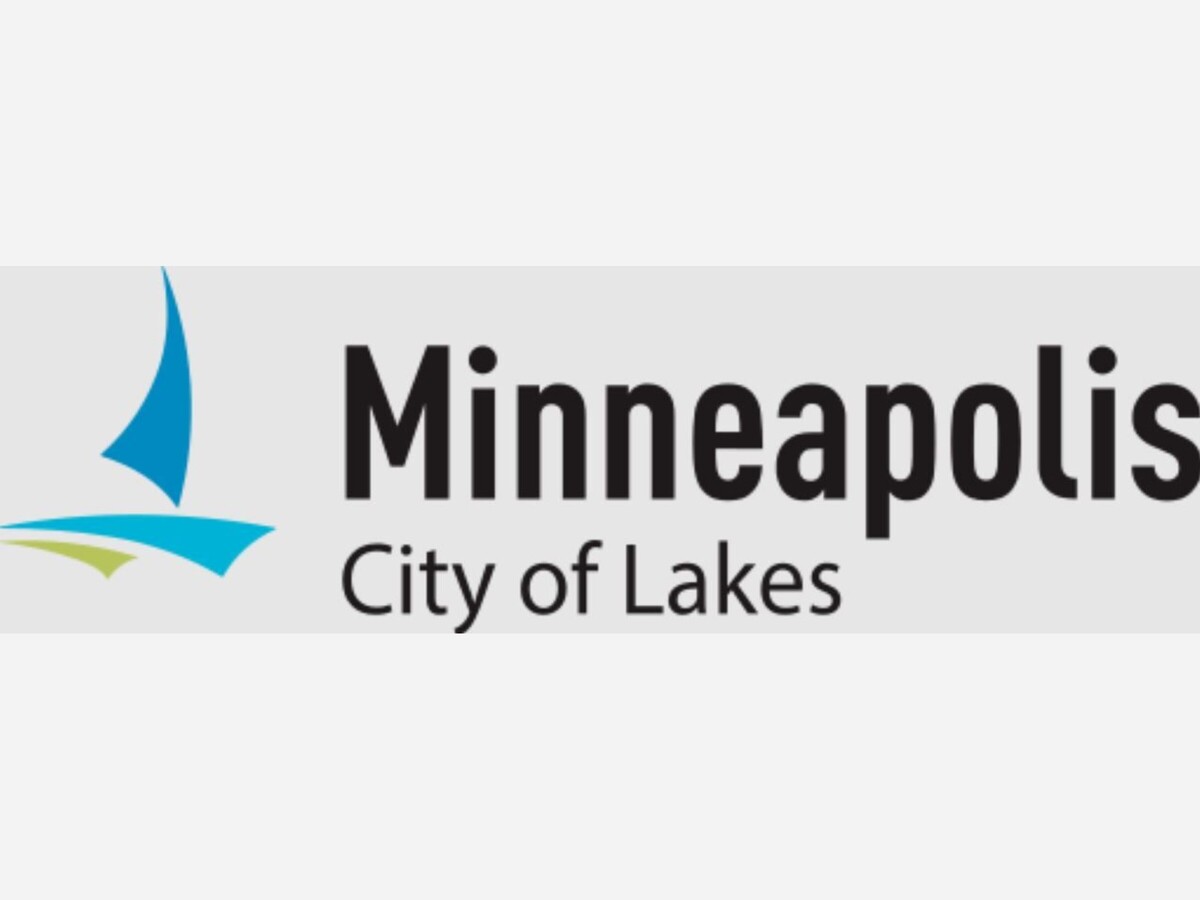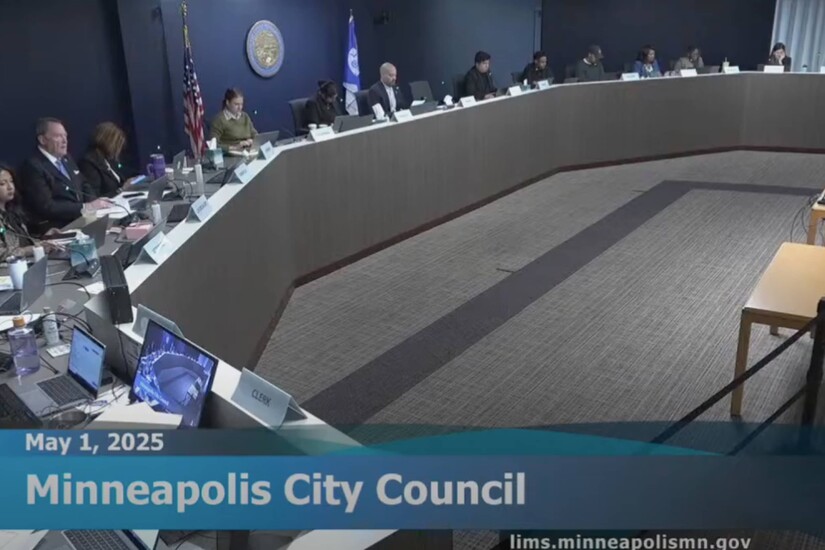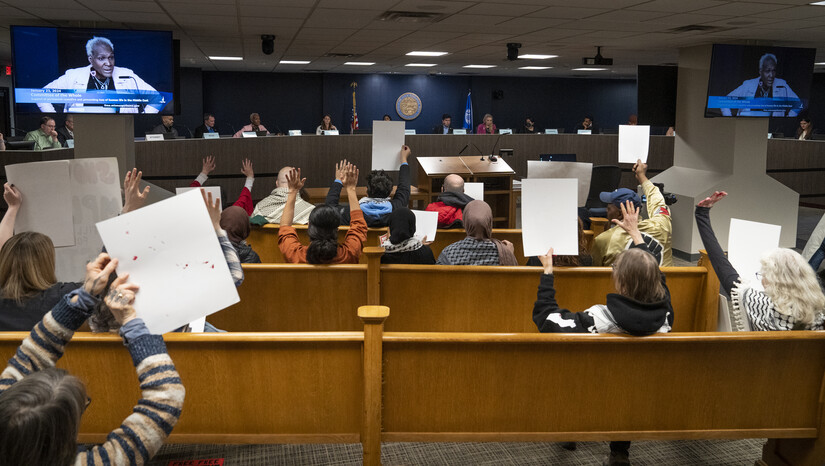Image


Source: Google Street View
In a significant stride for civil rights, Minneapolis has unanimously passed a new Comprehensive Civil Rights Ordinance, authored by Council Member Jason Chavez and his colleague, Council Member Wonsley. This groundbreaking legislation introduces three new protected classes to fight against discrimination in the city: justice-impacted status, housing status, and height and weight. In a recent social media post, Council Member Chavez stated, "This ordinance adds three new protected classes meant to prevent discrimination."
An extensive advancement this ruling also offers is a clarification of the definition of race, aiming to prevent discrimination with newfound precision. The updated definition now encompasses skin color, specific physical features, and hair texture and style, directly echoing the provisions detailed in the state-level Crown Act. "It adds a definition of race to help prevent discrimination," Chavez announced. Furthermore, the ordinance closely mirrors the Pregnant Workers Fairness Act, extending protections for pregnant workers to ensure they are not unjustly discriminated against in the workplace.

Addressing the chronic issue of pay inequity, the Minneapolis council has actively taken steps to expand provisions for probing into pay discrimination, a practice that might unfold over the years. "Additionally, it expands provisions to investigate pay inequity to help address discrimination in pay, which may happen over multiple years," said Chavez, highlighting the progressive nature of the new legislation.
Another significant inclusion is the amendment of 'familial status'. The term has now been broadened to comprehend those living with and caring for adults incapable of self-care. This expansion will undoubtedly resonate with many Minneapolis residents. Moreover, the ordinance mandates accommodation for religious observance — a necessary move to ensure that everyone has the necessary accommodations to freely observe their religious practices. "Lastly, it requires accommodation for religious observance," affirmed the council member, underscoring its importance.

Chavez expressed pride in the city's proactive approach amidst a national backdrop where rights are perceived to be under siege, saying, "We are living in a time when the rights of people are being stripped away. I am proud that we took action at the local level to protect and expand people’s rights." Minneapolis stands as a beacon of hope, setting an admirable precedent for local governments to actively safeguard the rights and dignities of their citizens.